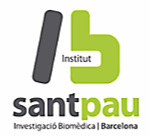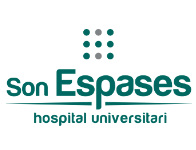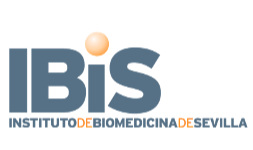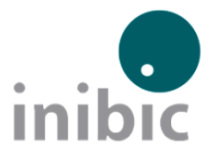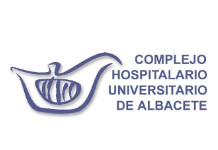PREVICTUS
Previctus is a coordinated Spanish project funded by the Instituto de Salud Carlos III (ISCIII) and the Next Generation funds from the European Union with the objective to improve the results of the acute treatments used in isquemic stroke. We will perform prediction scores using clinical data, genetic and protein biomarkers to predict the response to Tissue-Type Plasminogen Activator and Mechanical Thrombectomy in order to implement a personalized medicine in the clinical practise for acute stroke treatment.
Background and clinical relevance of the proposal.
Stroke is the second cause of mortality, the first in women and the main cause of disability in Spain. Treatment during the acute phase of stroke is through the drug rt-PA and/or mechanical thrombectomy, however, despite the great benefits of treatment, a percentage of patients suffer from cerebral hemorrhages associated with high rates of mortality and disability. In our project we intend to implement the use of a genetic-clinical score that we have already demonstrated to be useful in reducing the risk of these hemorrhages.
Main objectives:
- Improve the prediction score through new genetic variants and plasmatic biomarkers.
- Generate a new score using Machine-Learning techniques and genetic, clinical and proteomic data.
- implementation of the use of the score in clinical practice to improve the outcome of stroke treatment.
Work plan and methodology:
PHASE-1: Proteomic analysis with Somascan Discovery Array (n=500). Year 1-2.
PHASE-2: Replication of the significant results of PHASE-1 (n=200) by commercial ELISAS. Year 1-2.
PHASE-3: Generation of the new prediction score by adding the new genetic data found by our group) and the new significant biomarkers from PHASE-2. For the generation of the new score we will use Machine-Learning techniques. Year 2.
PHASE-4: Clinical validation of the clinical-genetic-proteomic score in a new cohort of patients (n=500). Pharmaco-economic study to assess cost-benefit of clinical implementation. Year 2-3.
PHASE-5: Clinical application of the generated score (n=200). The score will help us to carry out personalized medicine for stroke patients treated with reperfusion therapies. Year 3-4.
Viability.
We will carry out pharmacoeconomic studies to determine the feasibility of using the score generated in terms of cost-benefit.

COORDINACIÓN PROYECTO PREVICTUS
Farmacogenética para prevenir los efectos adversos del tratamiento del ictus

Consortium
Eight hospitals are part of the Previctus Project and we have the support of the Stroke research network in Spain: RICORS Ictus.
